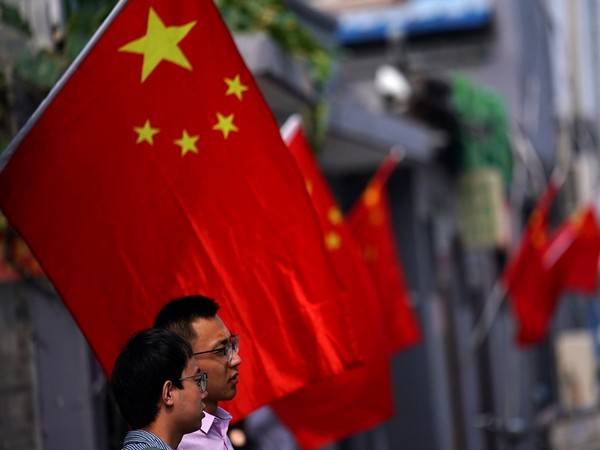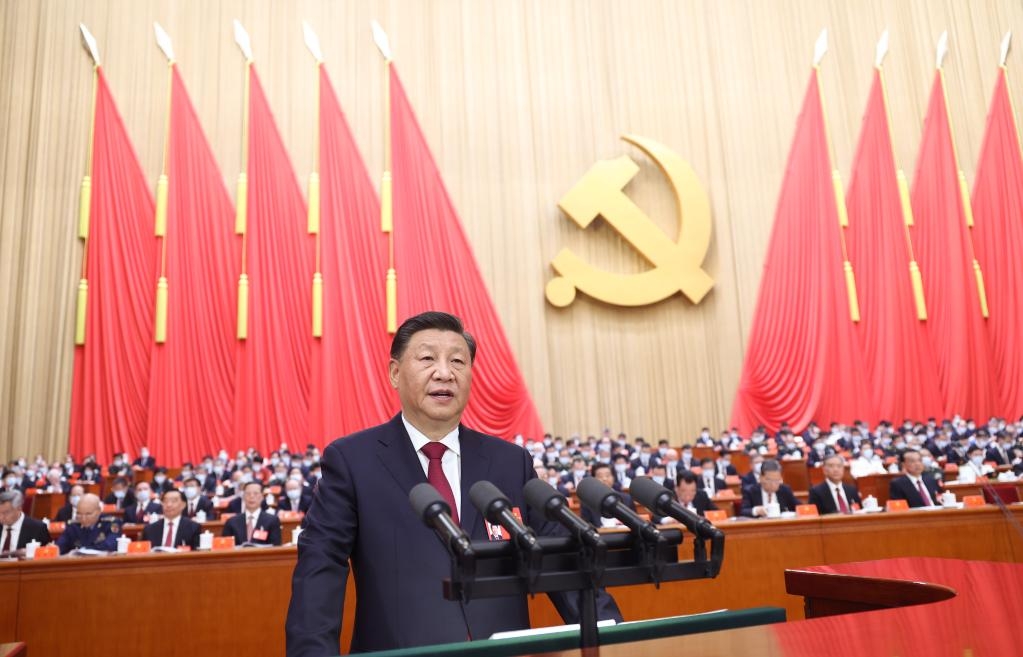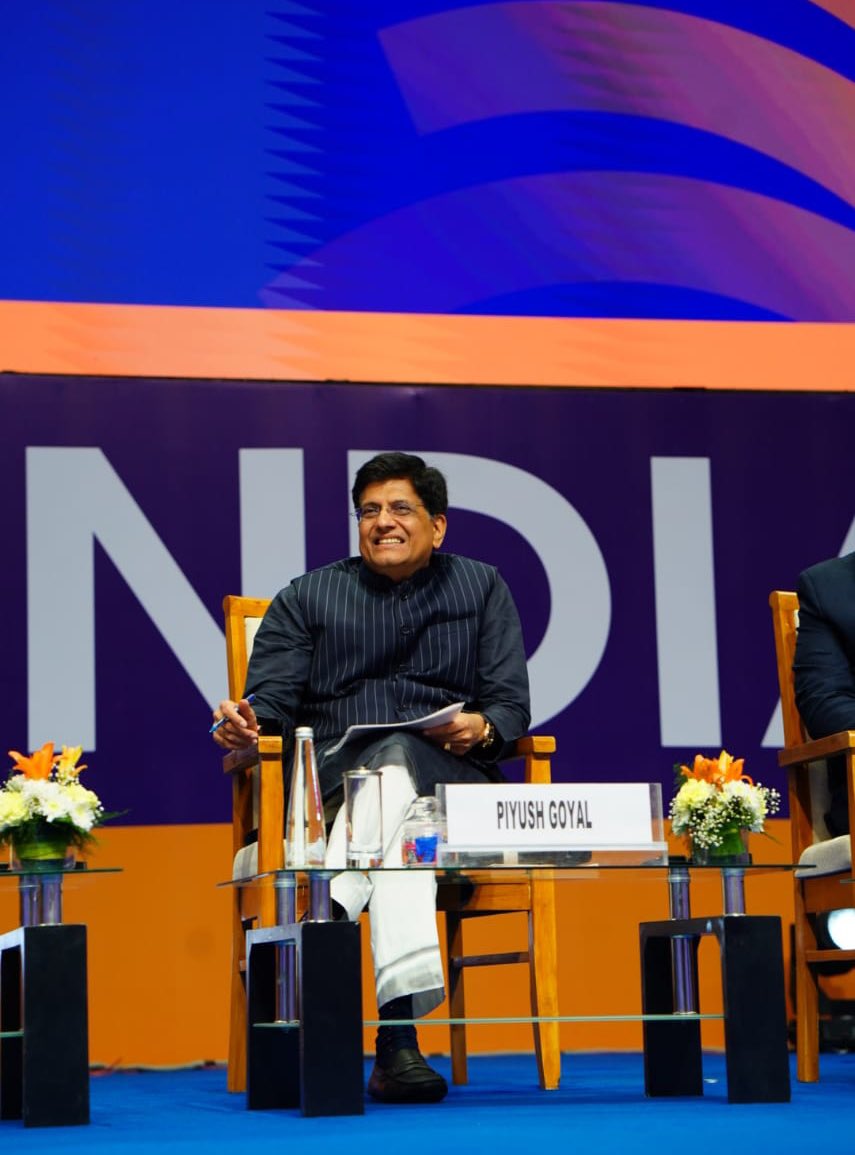“Trojan horse” technology poses a “widespread” threat to Britain’s national security, according to a report sent to the British government by Charles Parton
Big Brother China has the potential to spy on people by “weaponising” microchips embedded in cars, smart bulbs, credit cards and household appliances.
“Trojan horse” technology poses a “widespread” threat to Britain’s national security, according to a report sent to the British government by Charles Parton, a former diplomat who advised parliament on Beijing.
Mr Parton spent 22 years of his diplomatic career working in or in China, Taiwan and Hong Kong, and has advised the Foreign Office and the European Union on Chinese affairs, as well as being Special Adviser to the Commons Foreign Affairs Committee on China.

The report says ministers have completely failed to understand the threat posed by the “widespread presence” of modules known as cellular IoT – a concern echoed by senior MPs. It calls on ministers to take immediate action to ban Chinese-made cellular IoT from goods sold in the UK before it is too late.
“We are not yet aware of the threat,” said Charles Parton. “China has seen an opportunity to dominate this market, and if it does it can collect a lot of data as well as Also can make foreign countries dependent on them.”
“The risk is that, if Chinese companies continue to increase global market share and to edge out foreign companies, free and open countries will become dependent upon China for cellular IoT modules. Given the immense importance of these modules to modern industry and life, this would make other countries highly vulnerable to a threat to withhold supplies. Dependency is dangerous when it is in the hands of the CCP, a potential, if not actual, hostile power. More specifically the threat revolves around four areas: national security, economic prosperity, privacy, and values and human rights. Concerns include:
- Degrading the performance or even sabotaging critical national infrastructure and key industries
- Losing sovereign control over IoT and over capabilities in dependent technologies/industries
- Unfair economic competition leading to the loss of domestic IoT industry
- Losing sovereign control of strategic data
- Enabling more espionage and theft of intellectual property
- Sustained collection and misuse of personal information without consent
- The potential for CCP security organisations to carry out detailed surveillance from within our societies (eg in smart cities)
- The expansion and support of technological capabilities applied in human rights abuses in Xinjiang, wider China, and increasingly in third countries.”
Three Chinese companies – Quectel, Fibocom and China Mobile – already have 54 percent of the global market in devices and 75 percent by connectivity. Like all Chinese firms, they must hand over data to the Chinese government if ordered to, which means the Chinese Communist Party can get access to as many devices as they want.
Customers of the three Chinese firms include computing firms Dell, Lenovo, HP and Intel, carmaker Tesla and card payments firm Sumup.
Devices with modules include: laptop computer; voice controlled smart speaker; smart watches; smart energy meter; fridges, light bulbs and other appliances that can be controlled via the app; body-worn police cameras; doorbell cameras and security cameras; Bank card payment machines, cars and even hot tubs.
The modules collect data and then transmit it via 5G networks, giving China the opportunity to monitor the movements of intelligence targets including people, weapons and supplies, and to use the devices for industrial espionage. Millions of them are already in use in the UK.
The potential threat to national security is greater than that posed by Chinese-made components in mobile phone masts, prompting the government to ban Huawei products used in mobile infrastructure, a report published Monday by Washington-based consultancy OODA said.
Cellular IoTs – which stands for Internet of Things – are tiny modules used in everything from smart fridges to advanced weapons systems to monitor usage and feed data back to the owner and often the manufacturer using 5G.
Earlier this month it emerged that security services had destroyed ministerial cars and found at least one device hidden inside another component. There were apprehensions that China has the ability to use the module to monitor the activities of everyone from the Prime Minister down. But the problem goes well beyond ministerial cars, the report warns.

The possibilities of espionage are huge. Coupled with artificial intelligence and machine learning to process massive amounts of data, the report suggests tracking US arms sales activities to find out whether China was selling arms to Taiwan, for example. It can also serve to identify and address royal and diplomatic security officers, then monitor their cars during advance security sweeps to track visiting ministers.
The report also suggested that data collected from cellular IoT could be used to identify potential intelligence sources who handle sensitive information, then bribe them or use them to spy for China. Sabotage is another concern if China decides to attack national infrastructure by disabling the equipment.
Even innocuous applications such as agricultural machinery, which also use the equipment, can help the Chinese find weaknesses in Western supply chains, such as poor harvests of a particular crop, then undercut British suppliers. Seizing market share, making the West more dependent on Chinese exports.
Allowing China to form a monopoly on the manufacture of the equipment – which is subsidised by the Chinese state to make them cheaper than Western competitors – would leave the West entirely dependent on China for the supply of the strategically important component.
The report says: “The data generated by automated logistics, manufacturing and transportation systems … can be invaluable as a means of ensuring that the holder’s economic interests prosper against those of a competitor.”
It says that the information gained from the cellular IoT “equivalent to a form of data-driven insider knowledge”.
The report by OODA recommended a full audit of government assets to replace equipment where necessary and suggested that companies operating in sensitive sectors like defence be asked to complete the work by the end of 2025.
The Internet of Things, described in the report as “the central nervous system of the global economy”, is used in applications ranging from security, manufacturing and transportation to supply chains, agriculture and smart homes. The data collected by the devices can be used for everything from planning energy supply to improving traffic flow or supply chain management, but it also has almost limitless uses if it falls into the wrong hands.









